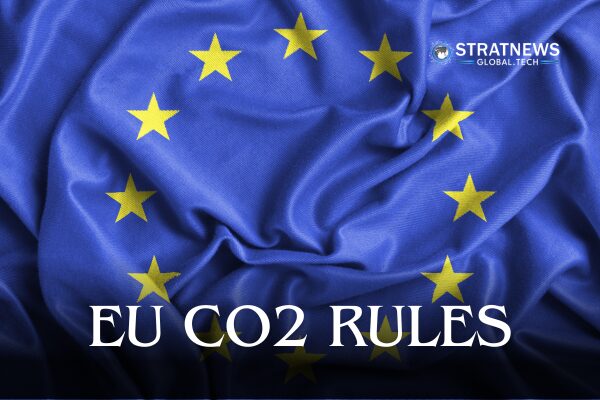90% Emissions Cut is the 2040 Climate Goal
The European Commission plans to propose a new climate target for 2040, aiming to cut net greenhouse gas emissions by 90% from 1990 levels. This goal is designed to keep the EU on track for its core commitment of reaching net zero emissions by 2050. A draft seen by Reuters reveals that, for the first time, the EU will allow member states to use carbon credits from developing nations to meet a limited share of this target.
The inclusion of foreign carbon credits follows pressure from France, Germany, Italy, Poland, and the Czech Republic, who have sought to ease the burden on their domestic industries. Previous EU climate targets relied entirely on domestic emission cuts, making this a significant shift in approach.
Flexibility for Industries and Member States
According to the draft, up to three percentage points of the 2040 target could be achieved through carbon credits bought from projects abroad under a U.N.-backed market. This measure would reduce the domestic effort required from European industries, with the credits phased in from 2036. The European Commission plans to set strict criteria on the origin, timing, and use of these credits to ensure environmental integrity.
The proposal will also allow countries to decide which sectors of their economies contribute most towards the 2040 goal. This flexibility aims to balance climate ambitions with the economic challenges faced by industries impacted by high energy costs and global trade tensions.
Challenges and Concerns Over Carbon Credits
Europe is the fastest warming continent, with climate change already causing heatwaves and wildfires across the region. However, the EU’s ambitious climate policies have created tension within the bloc, with concerns over their impact on competitiveness.
While carbon credits support projects like forest restoration in Brazil, investigations have revealed that some credits do not deliver the promised environmental benefits. The EU’s climate advisers have opposed using these credits for the 2040 goal, warning that spending on foreign projects could divert funds from local green investments.
The draft notes that “decarbonisation is not only crucial for the planet, but also a key driver of economic growth when integrated with industrial, competition, and trade policies.” However, a Commission spokesperson declined to comment on the draft, which may change before publication.
EU countries and lawmakers will need to negotiate and approve the 2040 climate target, a process that could take years. The EU also faces a September deadline to submit its updated 2035 climate target to the U.N., which will be linked to the 2040 goal.
with inputs from Reuters


